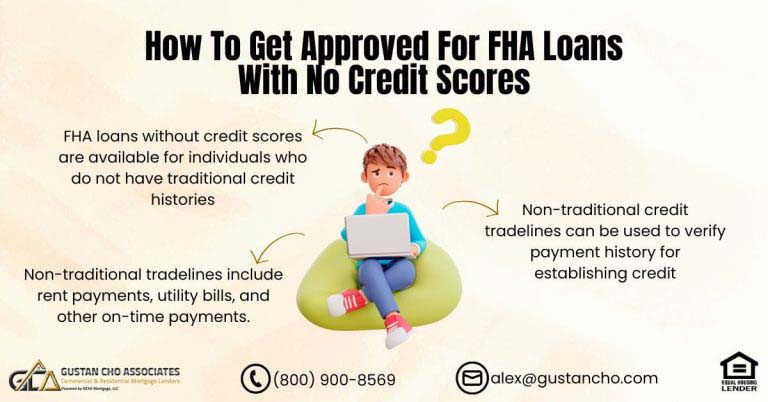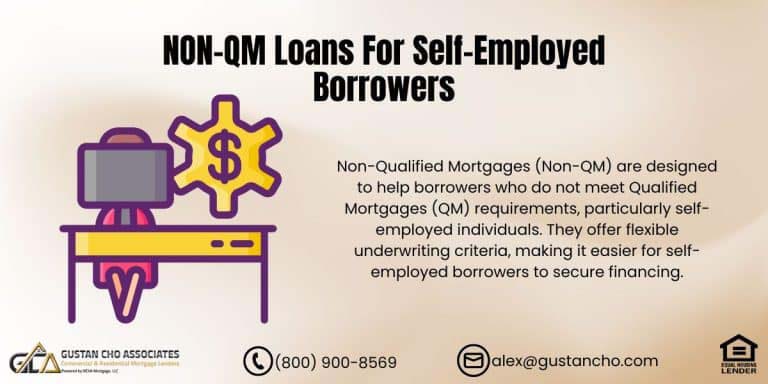This guide covers how qualified mortgages affect borrowers and lenders on residential loans. To avoid another 2008 financial crisis, Congress under the Dodd-Frank Wall Street Reform and Consumer Protection Act created qualified mortgages. Qualified mortgages are also referred to as QM. QM is a mortgage that needs to meet certain guidelines in order to protect lenders and borrowers. It also protects the secondary mortgage markets.
QM is one of the key laws that was passed under the Dodd-Frank Wall Street Reform Act in 2010. Another reason why QM was passed was to avoid another real estate and credit meltdown like the one we had in 2008.
Subprime loans were easy to get. Part of the reason for the real estate crisis of 2008 is because it was so easy for anyone to get qualified and obtain a mortgage. Many unqualified real estate investors qualified for mortgages they could not afford and repay. This was one of the main catalysts of the start of the biggest foreclosure and housing meltdown in history. With the creation and launch of Qualified Mortgages, experts and government officials are hoping to avoid another housing market crash and mortgage crisis. The good news for homebuyers and real estate investors is the launch of non-QM loans. Non-QM and alternative loan programs are non-traditional mortgages benefiting borrowers who cannot qualify for traditional qualified mortgage loans. No-Doc loan programs have made a comeback and is offered at Gustan Cho Associates.
What Are Qualified Mortgages
Qualified mortgages, often referred to as QM, are mortgage loans that fall within the standards set by the Consumer Financial Protection (CFPB). The standards and requirements of qualified mortgages need to mmet the ability-to-repay (ATR) rules and regulations under the Dodd-Frank Wall Street Reform and Consumer Protection Act.
Qualified Mortgages: What They Mean for You as a Borrower
Understand how QM rules impact your approval, loan features, and interest rates. Learn How Qualified Mortgages Affect Your Home Loan Today!
Standards of Qualified Mortgages Under The CFPB Ability-to-Repay Standards
The key requirements for a mortgage to be considered a qualified mortgage include the term of the mortgage loan not exceeding terms of 30-years. Fees and points of qualified mortgages cannot exceed 3% of the loan balance. The debt-to-income ratio of the borrower cannot surpass the 43% DTI cap.
All documents and paperwork pertaining to income, debts, assets, credit profile and scores, income, and other credit and income data submitted to processing and underwriting need to be verified and facted checked to assess the borrowers ability-to-repay their mortgage loan.
You cannot have negative amortization mortgage loans or balloon loan programs under qualified mortgages. Qualified mortgages provide lenders with certain legal protections and safe harbor from liability related to the Ability-to-Repay rules. This incentivizes lenders to offer qualified mortgage products, which are generally considered to be lower-risk loans for borrowers.
Qualified Mortgage Goes Into Effect January 10th, 2014
Qualified Mortgage Rules: Effective Friday, January 10, 2014: Effective Friday, January 10, 2014, the new QM rule went into effect. The Qualified Mortgage Rule, QM Rule, has been implemented to take effect on January 10th, QM legislation was put into effect in order to alleviate the risks associated with mortgage default and foreclosure rates.
There are exemptions and alternative qualified mortgage definitions that apply to specific mortgage loans made by small lenders or loans eligible for purchase by government-sponsored enterprises like Fannie Mae and Freddie Mac.
The newly created CFPB, The Consumer Financial Protection Bureau, is the self-regulatory organization that has implemented the Qualified Mortgages Rule. The CFPB is in charge of the enforcement of Qualified Mortgages. Qualified mortgages and how it was created to protect borrowers, lenders, and the secondary mortgage markets.
Objective of Qualified Mortgages
The objective of the Qualified Mortgage Rule is the ability to repay. The ability for a borrower to afford the mortgage loan payments before the lender funds the loan is key. Mortgage lenders are responsible to qualify a mortgage loan borrower with the following:
- Income
- Assets
- Debt
- Credit scores
The above factors are used to determine whether the borrower will be able to afford their mortgage payments and has the ability to repay their mortgage. Debt to income ratios will be scrutinized and verified more intensely than ever before. Income needs to be a qualified income.
The Ability To Repay and Afford
The ability to repay and afford is the main focus of the Qualified Mortgages Rule of 2014. The main factor in determining whether the mortgage borrower has the ability to repay is by determining their debt to income ratios. On conventional mortgage loans, the back end-to-income ratio is capped at no greater than 43%. Compensating factors will play a major role in approving a mortgage loan. Fees on mortgage loans cannot exceed more than 3% of the mortgage loan amount.
Example of Fees and Costs
Examples of fees and charges are the following:
- Points
- Origination charges
- Processing and Underwriting fees
- Title insurance
- Other fees associated with the origination of the mortgage loan
Any fees and costs associated directly or indirectly in home purchase or refinance transactions are called closing costs.
When Are Reserves Required From Borrowers
Reserves may be required and it’s up to the mortgage underwriter to determine if the borrower has enough reserves. Borderline mortgage files will be scrutinized even more where this can cause delays in getting a mortgage loan cleared to close. Underwriting time will probably take longer than it did back in 2013. Down payment requirements will still remain the same for first-time home buyers. The down payment requirement is a 3.5% down payment for FHA loans and 5% down payment for conventional loans. Many mortgage bankers and mortgage brokers are still in the implementation phase to today’s new QUALIFIED MORTGAGE RULES. We will keep you posted.
Worried About Mortgage Approval? Know How QM Guidelines Impact You
We’ll walk you through how QM rules affect your DTI, documentation, and eligibility. Talk to a Mortgage Specialist and Explore QM vs. Non-QM Options Today!
Qualifying With a One-Stop Mortgage Shop
Gustan Cho Associates is a mortgage company licensed in multiple states with no lender overlays on government and conventional loans. Home Buyers who need to qualify for a mortgage with a direct lender with no overlays, please contact us at Gustan Cho Associates at 800-900-8569 or text us for a faster response. Or email us at gcho@gustancho.com. We are available 7 days a week, evenings, weekends, and holidays.
Gustan Cho Associates also offers NON-QM loans. There is no waiting period after bankruptcy or foreclosure. 12-month bank statement loans are very popular among self-employed borrowers due to no income tax returns required.
We also offer bank statement mortgage loans for self-employed borrowers.No tax returns are required. Contact us to learn more about our traditional and alternative financing mortgage loan programs at 800-900-8569 or text us for a faster response. The team at Gustan Cho Associates is available 7 days a week, evenings, weekends, and holidays.









